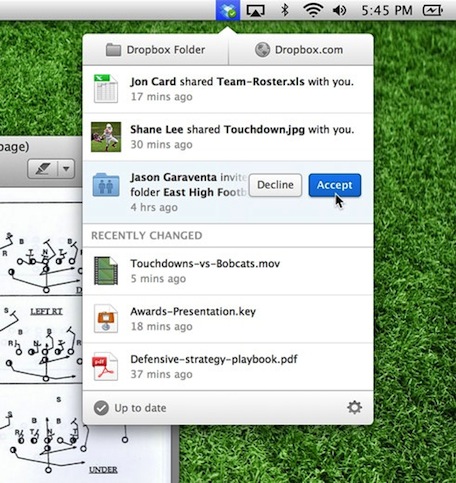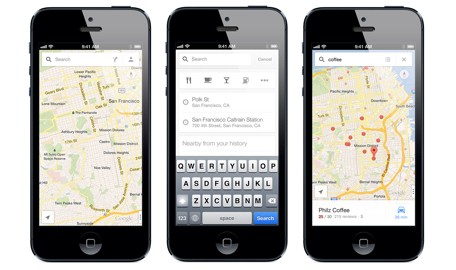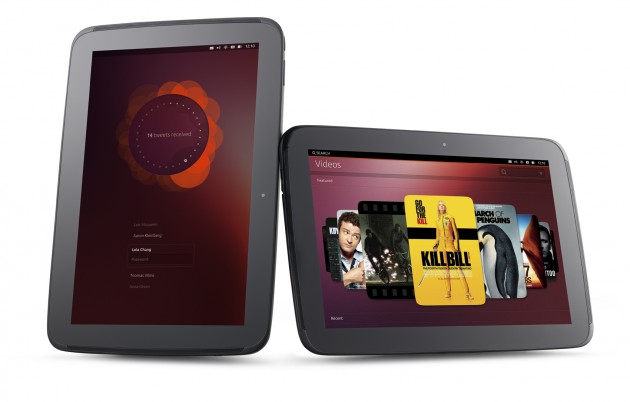 Walmart is expanding its Scan & Go checkout feature to over 200 stores, up from the current 70, according to Reuters. Scan & Go allows Walmart shoppers to scan items in the store with the Walmart iPhone app and then pay for them at self-checkout terminals.
Walmart is expanding its Scan & Go checkout feature to over 200 stores, up from the current 70, according to Reuters. Scan & Go allows Walmart shoppers to scan items in the store with the Walmart iPhone app and then pay for them at self-checkout terminals.
The pilot program began in Arkansas stores in September 2012. According to Retuers, new markets that will feature Scan & Go inlcude Denver, Colorado; Phoenix, Arizona; Omaha, Nebraska; Dallas and Austin, Texas; Oklahoma City and Tulsa, Oklahoma; Wyoming; Bozeman, Montana; Seattle, Washington; San Jose, California; and Portland, Oregon.
It's important to note that Scan & Go does not allow a user to pay for items through the iPhone app. From the Reuter's report: "Shoppers scan bar codes on items they want to buy, using the Walmart app on their iPhone, iPod touch or iPad to keep track of the planned purchases and the total cost. Then they pay at a self-checkout screen, bypassing the typical registers."
[Source: TUAW]











